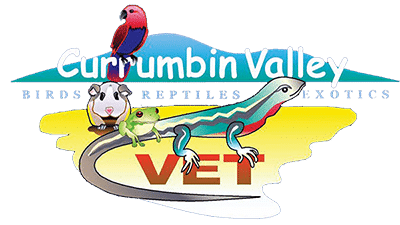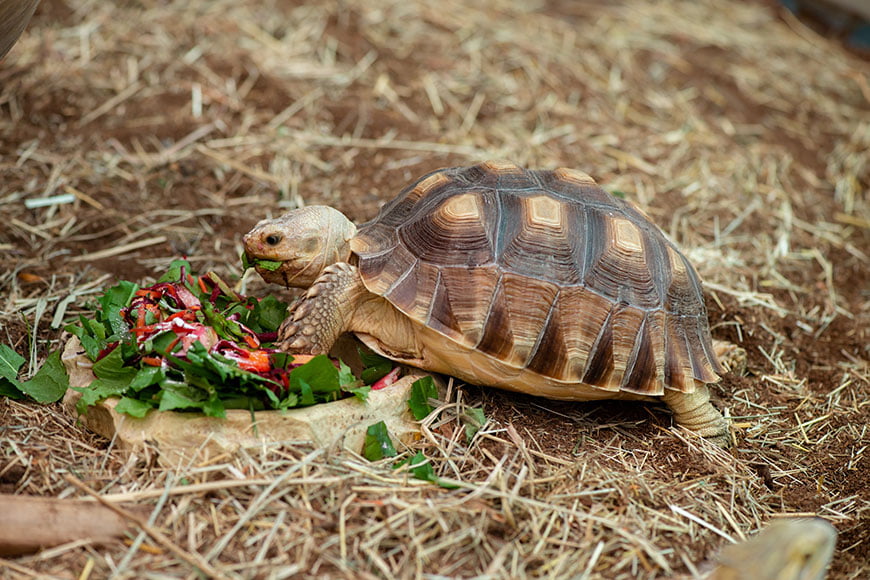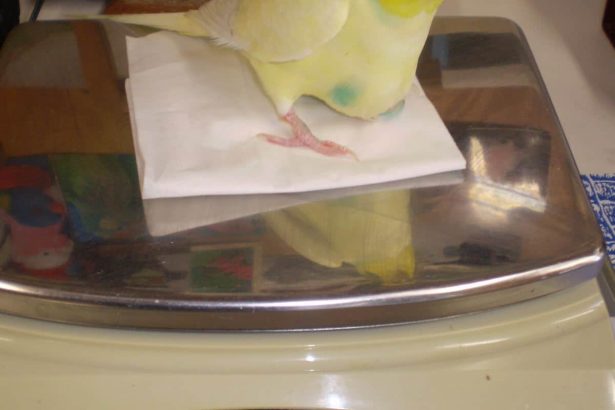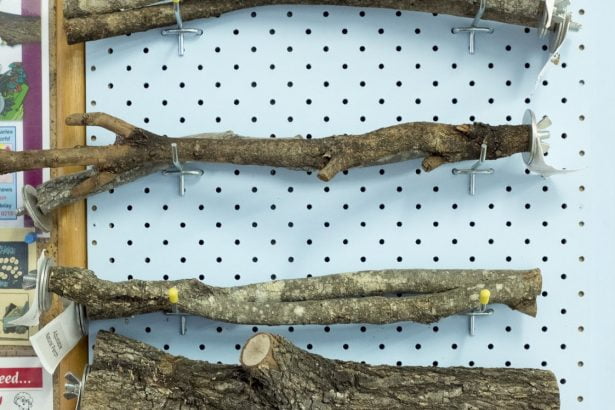Turtles and tortoises are some of the most commonly kept reptiles in the world, so as you can imagine we see a lot of them as an unusual pet vet. They are also some of the most commonly kept animals that require a great deal of care and attention. Here is what you need to know in order to keep your turtle or tortoise healthy and happy and avoid frequent trips to the turtle vet.
Provide a Clean, Warm Environment
Housing turtles and tortoises can be an easy process but when getting a pet tortoise you must understand their needs and take them into account. When it comes to your pet turtle, keep in mind that reptiles need a place to hide and feel secure, so providing them with plenty of places for this behaviour is essential. Tortoises and turtles need a warm environment in order to regulate their body temperature. They also need a clean environment to avoid getting sick. This means that you will need to provide a suitable environment for your pet tortoise or turtle. This includes providing a well-ventilated enclosure (with sufficient hiding places) and maintaining it between 28 – 30 degrees celsius. The temperature should be carefully monitored with thermometers at both ends of the tank. For pet turtles, the enclosure should be cleaned at least once a week and the water changed every three days.
One of the most important things to remember is that turtles and tortoises should not be exposed to direct sunlight for extended periods of time. This can lead to sunburn and other health problems. If your pet seems lethargic or isn’t eating like usual, it may be a sign that something is wrong and they should be seen by an experienced reptile vet.
Feed a Balanced Diet
If you want to avoid constant visits to the tortoise vet because of them being overweight or sick, turtles and tortoises must be given a balanced diet with the right amount of minerals and vitamins, however feeding them is not as difficult as you may think. In the wild, they mostly eat insects, but in captivity they can be fed a variety of fruits and vegetables. Short-necked turtles are omnivorous (eat both plants and meat), while long-necked turtles are carnivorous (eat only meat). Plant water weeds into the enclosure to provide plant material for short-necked turtles.
Tortoises are mostly herbivorous and prefer grasses, weeds, flowers and succulents. However, both turtles and tortoises will also eat meat if it is available – they are pretty easy in terms of diet when it comes to unusual pets. Vet visits should only be necessary for check ups if you are doing the right things to take care of your reptile friend. Remember that in captivity, it’s important to avoid feeding them the wrong types of raw meat, such as human grade mince, as it can cause health problems. It is highly recommended to feed your turtle or tortoise only commercially produced diets specifically designed for them that are recommended by your turtle vet. We recommend beef heart, mixed with Wombaroo reptile supplement.
Health and Vet Care for Turtles and Tortoises – When Should They See a Vet?
Turtles and tortoises are popular pets, but they require a lot of specialised care. It is important to know when they need to see a vet in order to get the best possible care for them.
Veterinarians who treat turtles and tortoises have a special interest and experience in caring for these animals. They know how to properly diagnose and treat any problems your pet may have and can provide the necessary medication or treatment if your pet is ill or injured. They can also give you advice on how to keep your turtle or tortoise healthy so the only time you have to visit the tortoise vet is for a regular check up.
Keeping turtles and tortoises as pets can be an incredibly rewarding experience for you and the animal if you follow the advice presented in this article. These reptiles can provide many years of loving companionship given the right circumstances, but they also require your full attention and care. Please, make sure that you have a full understanding of how to keep the right environment and diet in order before getting a pet tortoise. Always schedule a regular check up with your unusual pet vet, and learn the signs of common health conditions so you can make sure your companion is living its best life, and if it is not that you get them to a professional immediately.
For more information on keeping reptiles as a life companion, feel free to browse our articles that are full of the advice you need to make sure your turtle or tortoise is happy and healthy.
FAQs
Absolutely. Like every animal a pet tortoise can make an amazing life companion as long as you understand the needs of your new best friend. Tortoises are mostly land dwelling as compared to their turtle counterparts, but they still need plenty of water in their enclosure. As long as you understand your companion and their needs, like any animal, they will be a great pet.
There are many types of turtles and the majority are perfectly safe to keep as pets. Pet turtles, like any other pet, need plenty of attention and handling for them to fully integrate into your life. A cat will quickly become feral if they are consistently ignored and left to their own devices, pet turtles need the same amount of love that any other animal deserves.
All pet turtles need a safe space that has everything they need to live their best life, including plenty of fresh water to swim in as well as warm, dry spaces. Whether that is an enclosure within a house or apartment, or even better a large temperature controlled outdoor environment, they need to be looked after with the best of care.





